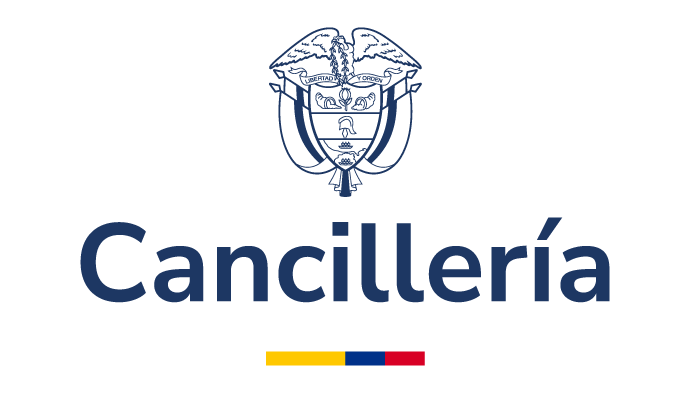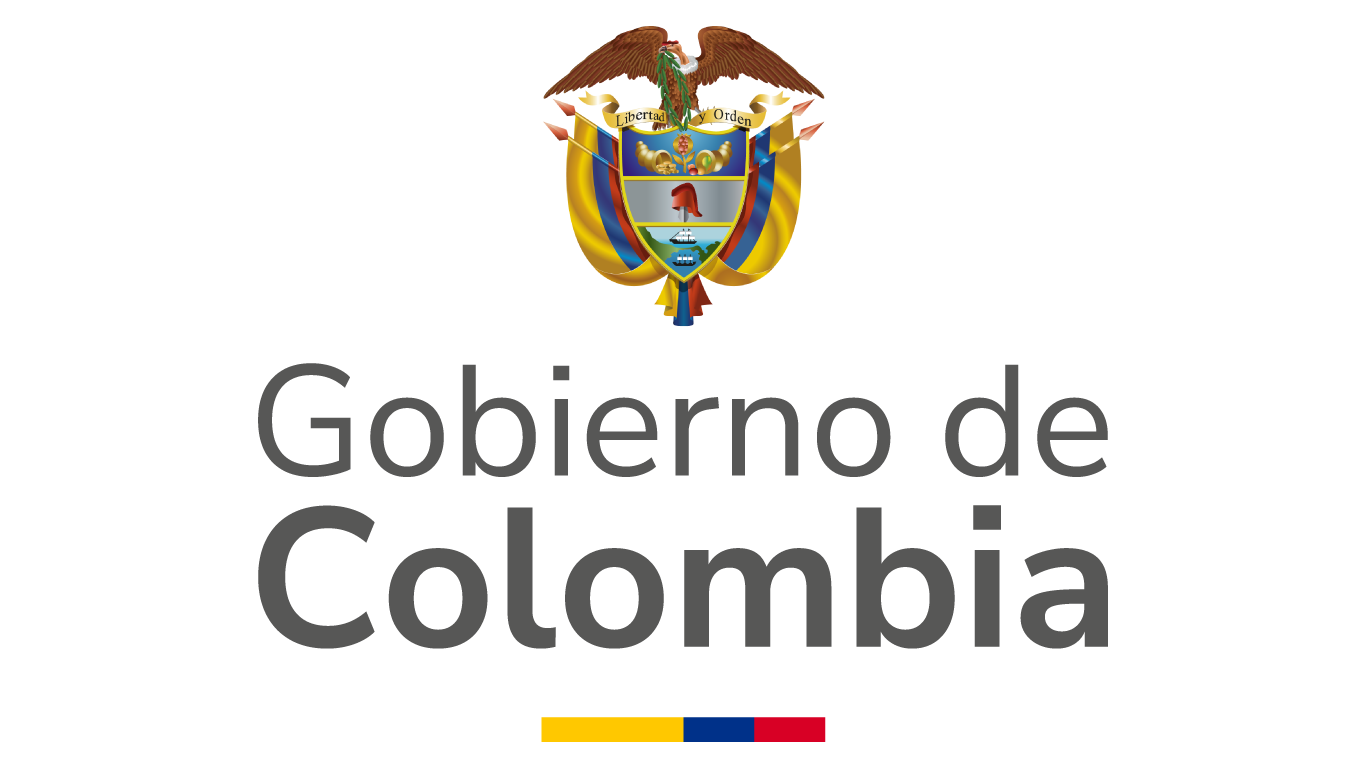Universal Periodic Review – UPR
It is a mechanism that allows peer review on Human Rights record, of all UN member states and their progress in this area. It allows under review states, to share good practices to improve the situation on the Human Rights and the fulfilment of their international obligations in this domain. During the Exam, the other states can pose questions and recommendations to the country under review.
The UPR was established by the General Assembly Resolution 60/251 on March 15th 2006. The first session of the URP took place in April 2008. Every year, 3 meetings of the UPR Working Group take place, space in which the exam is done, January, April and October. Afterwards, in the immediate following HCR meeting, the Working Group report of the UPR is approved. The UPR cycles are of 4 years, during which each state must pass to examination. In October 2011, all UN state members had completed the review.
During the period between the examination, countries can voluntarily present periodic reports on their progress in implementing the accepted recommendations. Colombia, for example, reports annually.
Colombia participates in the discussions of the UPR, taking into account: positive and constructive approaches, areas where Colombia has had progress and can share good practices, thematic priorities of Colombia and bilateral relations.
Colombia presented its second UPR in April 2013 with a positive balance. The country received 160 recommendations focused on specific topics: sexual and gender based violence, detached children, justice-impunity, victims and protection for Human Rights defenders and human trafficking.
Special Procedures – SP
The Special Procedures are mechanisms of the HRC that report and advise the HRC on specific topics or concrete country situations. The SP modalities are: Independent Expert, Special Rapporteur or Working Group.
The SP, act through visits to the country conducting studies, sending communications and presenting annual reports. There are 39 thematic SP and 14 SP on countries. Currently, 3 compatriots are SP representatives: Mr. Pablo de Greiff (Special Rapporteur on the promotion of truth, justice, reparation and guarantees of non-recurrence), Ms. Alexandra Guáqueta (Working Group on the issue of Human Rights and transnational corporations and other business enterprises), Mr. Gustavo Gallón (Independent Expert on the situation of Human Rights in Haiti)
Complaint Procedure
The HRC established through its institutional package a Complaint Procedure for Human Rights violations that occur in any place around the globe. Individuals, groups and NGOs can use this procedure, which looks forward to assist situations in which are consistent patterns of Human Rights violations. The Procedure counts on two instances: Communications Working Group and the Situations Working Group, both constituted by representatives from countries, who act in personal capacities.
It is important to note that the SP and the Treaty Bodies may also address complaints or urgent calls about alleged violations to Human Rights in the country, within the framework of their respective mandates.








